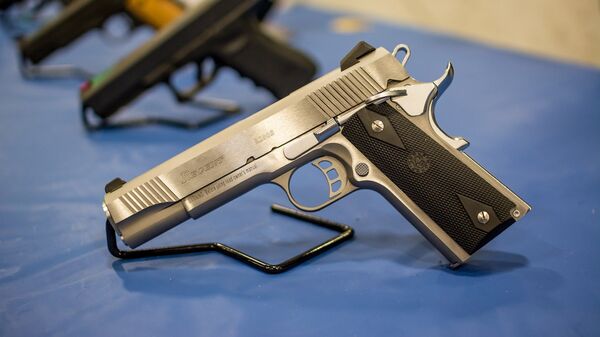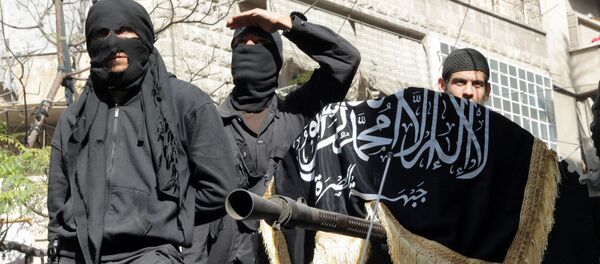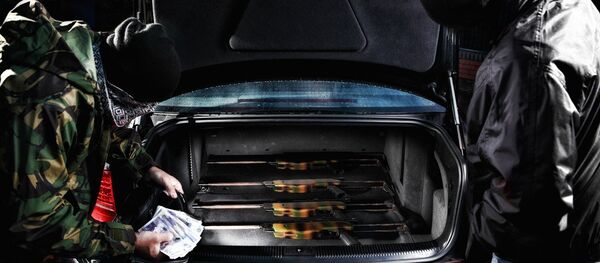Based upon intelligence packages provided by Europol, ten EU Member States (Belgium, Cyprus, Finland, Greece, the Netherlands, Poland, Romania, Spain, Sweden and the UK) investigated the acquisition and the possession of gas and alarm pistols by nationals in their territory. These States were the focus of the investigation as each has national legislation meaning a declaration or authorization is required to acquire, import and possess such arms.
OPERATION BOSPHORUS against #firearms trafficking: 250 arrests and 556 gas & alarm pistols seized https://t.co/gB72k6hHTj pic.twitter.com/3FUpbLUmJK
— Europol (@Europol) January 23, 2017
As of January 23, a total of 421 house searches have been conducted, producing 245 arrests, and the seizure of 33,748 rounds of ammunition, 556 gas guns and 108 handguns. Of the weapon haul, 131 had been converted (23.6 percent). Other prohibited munitions were also found, including silencers, Tasers, scopes, grenades and pepper sprays.
David Dyson, a firearms expert, explains that conflicting regulatory and legal regimes on the continent are fundamental to the proliferation of converted gas pistols — and can also mean innocent people fall foul of the law through no fault of their own.
"Completely innocent, unassuming people will go online in search of a gas pistol, find a European site selling it, and order something that's legal in that Member State, but illegal in theirs. Of course, criminals are actively drawn to these loopholes too."
"Legal gas pistols are obviously very attractive to the criminal class, as they are cheap, easy to access, and the best models will already essentially be guns. The only difference between a blank and a bullet is the former lacks a projectile. If you modify that, you're most of the way there," Dyson told Sputnik.
Dyson explains the quality of converted guns can vary wildly.
In some cases, gas pistols have been converted on an industrial scale by organized gangs in what are effectively factories — in others, the trigger and grip of a pistol has had its chamber replaced with a strip of pipe, held in place with resin or superglue. Such "weapons," Dyson said, pose a much greater danger to the person holding it than who or what they aim at.
Dyson also warns that there's little that can be done to quell the deluge of gas pistols across the continent, and thinks law enforcement agencies and governments could shoot themselves in the foot with an overwrought response.
"The criminally-minded always find opportunities to exploit legal or semi-legal resources for illegal purposes. Almost anything legal can be corrupted for criminal use — most murders are committed with knives, but you obviously can't ban them," Dyson told Sputnik.
"Anyone with an internet connection can have a go at converting a gas pistol, but most don't."
"Rather than go for blanket bans of these guns, which have many perfectly legitimate applications, the police should focus on intelligence — identify where they're being converted and who's converting them on an industrial scale," Dyson concluded.
In Spain, four fully-fledged workshops for the conversion of weapons to live-firing and the production of ammunition were identified and dismantled.
In Greece, Europol arrested over 100 individuals and seized 101 pistols and 5,537 rounds of ammunition.




